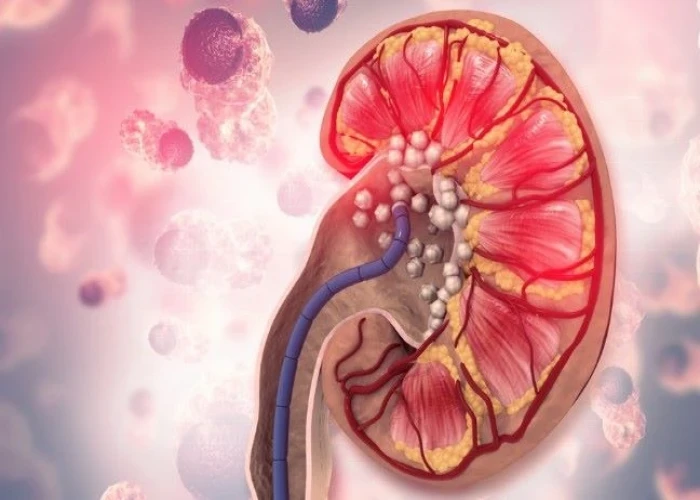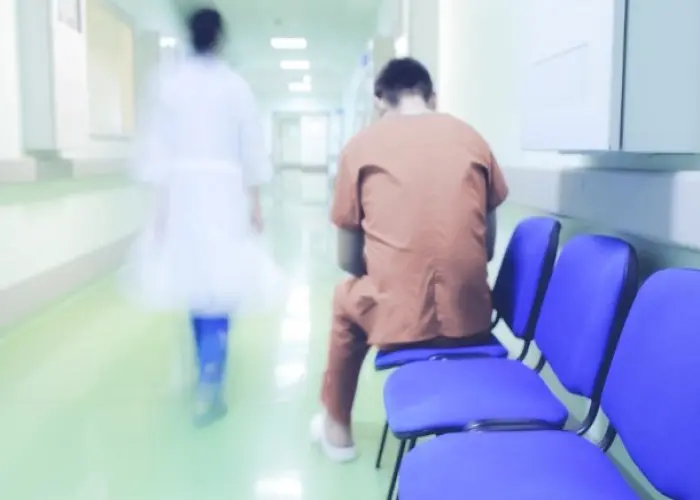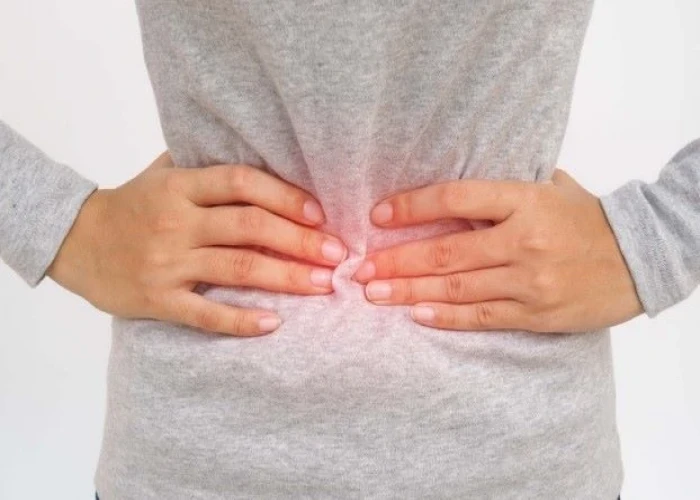 Welcome
Welcome
“May all be happy, may all be healed, may all be at peace and may no one ever suffer."
Persistent post-concussive symptoms (Post-concussion syndrome)

Persistent post-concussive symptoms, also known as post-concussion syndrome (PCS), refers to a condition where a person continues to experience symptoms after a concussion or mild traumatic brain injury (TBI). These symptoms may last for weeks, months, or even years after the initial injury, and can have a significant impact on a person's daily life.
Symptoms of PCS may include:
- Headaches or migraines
- Dizziness or vertigo
- Nausea or vomiting
- Fatigue or sleep disturbances
- Sensitivity to light or noise
- Irritability or mood changes
- Difficulty concentrating or remembering
- Anxiety or depression
The exact cause of PCS is not fully understood, but it is believed to be related to a combination of physiological and psychological factors. The brain may be more vulnerable to injury or have difficulty recovering from the injury, and psychological factors such as stress or anxiety may exacerbate symptoms.
Diagnosis of PCS may involve a physical exam, a neurological evaluation, and imaging studies such as a CT scan or MRI. Treatment may include rest, avoiding activities that exacerbate symptoms, and managing pain or other symptoms with medication. Cognitive behavioral therapy (CBT) may be helpful in addressing psychological factors that are contributing to symptoms. In some cases, referral to a specialist in brain injury or rehabilitation may be necessary.
The prognosis for PCS varies depending on the severity of the injury, the presence of other medical or psychological conditions, and the individual's response to treatment. Most people with PCS recover fully within a few months, but some may continue to experience symptoms for years after the injury. It is important to seek prompt medical attention if symptoms persist or worsen after a concussion or mild TBI.
Research Papers
Disease Signs and Symptoms
- Headaches
- Blurred vision of eye
- Ringing in ears (tinnitus)
- Memory loss
- Trouble sleep (insomnia)
- Anxiety
- Irritability
- Fatigue (Tiredness)
- Dizziness (vertigo)
- Reduced smell and taste
Disease Causes
Persistent post-concussive symptoms (Post-concussion syndrome)
Some experts believe persistent post-concussive symptoms are caused by structural damage to the brain or disruption of the messaging system within the nerves, caused by the impact that caused the concussion.
Others believe persistent post-concussive symptoms are related to psychological factors. The most common symptoms — headache, dizziness and sleep problems — are similar to those often experienced by people diagnosed with depression, anxiety or post-traumatic stress disorder.
In many cases, both physical damage of brain trauma and emotional reactions to these effects play a role in the development of symptoms.
However, some research shows that certain factors are more common in people who develop persistent post-concussive symptoms compared with those who don't. These factors include a history of depression, anxiety, post-traumatic stress disorder, significant life stressors, a poor social support system and lack of coping skills.
More research is still needed to better understand how and why persistent post-concussive symptoms happen after some injuries and not others.
Disease Prevents
Persistent post-concussive symptoms (Post-concussion syndrome)
The only known way to prevent the development of persistent post-concussive symptoms is to avoid the head injury in the first place.
Avoiding head injuries
Although you can't prepare for every potential situation, here are some tips for avoiding common causes of head injuries:
- Fasten your seat belt whenever you're traveling in a car, and be sure children are in age-appropriate safety seats. Children under 13 are safest riding in the back seat, especially if your car has air bags.
- Use helmets whenever you or your children are bicycling, roller-skating, in-line skating, ice-skating, skiing, snowboarding, playing football, batting or running the bases in softball or baseball, skateboarding, or horseback riding. Wear a helmet when riding a motorcycle.
- Take action at home to prevent falls, such as removing small area rugs, improving lighting and installing handrails.
Disease Treatments
There is no specific treatment for persistent post-concussive symptoms. Your doctor will treat the individual symptoms you're experiencing. The types of symptoms and their frequency are different for everyone.
Headaches
Medications commonly used for migraines or tension-type headaches, including some antidepressants, antihypertensive agents and anti-epileptic agents, appear to be effective for post-concussion types of headaches. Medications are usually specific to the individual, so you and your doctor will discuss which are most appropriate for you.
Keep in mind that the overuse of over-the-counter and prescription pain relievers may contribute to persistent post-concussion headaches.
Memory and thinking problems
No medications are currently recommended specifically for the treatment of cognitive problems after mild traumatic brain injury. Time may be the best therapy if you have cognitive problems. Most of them go away on their own in the weeks to months after the injury.
Certain forms of cognitive therapy may be helpful, including focused rehabilitation that provides training in the specific areas that you need to strengthen. Some people may need occupational or speech therapy. Stress can increase the intensity of cognitive symptoms, and learning stress management strategies can be helpful to decrease cognitive symptoms. Relaxation therapy also may help.
Depression and anxiety
Persistent post-concussive symptoms often improve after the affected person learns that there is a cause for his or her symptoms and that the symptoms will likely improve with time. Education about the disorder can ease a person's fears and help provide peace of mind.
If you're experiencing new or increasing depression or anxiety after a concussion, some treatment options include:
- Psychotherapy. It may be helpful to discuss your concerns with a psychologist or psychiatrist who has experience in working with people with brain injury.
- Medication. To combat anxiety or depression, antidepressants or anti-anxiety medications may be prescribed.
Disease Diagnoses
Disease Allopathic Generics
Disease Ayurvedic Generics
Disease Homeopathic Generics
Disease yoga
Persistent post-concussive symptoms (Post-concussion syndrome) and Learn More about Diseases

Pericarditis

Kidney stones

Delirium

Brugada syndrome

Rectal prolapse

Frostbite

Hiatal hernia

Mold allergy
Persistent post-concussive symptoms, post-concussion syndrome, ক্রমাগত পোস্ট কনসকিউসিভ লক্ষণ, পোস্ট-কনকসেশন সিন্ড্রোম
To be happy, beautiful, healthy, wealthy, hale and long-lived stay with DM3S.
